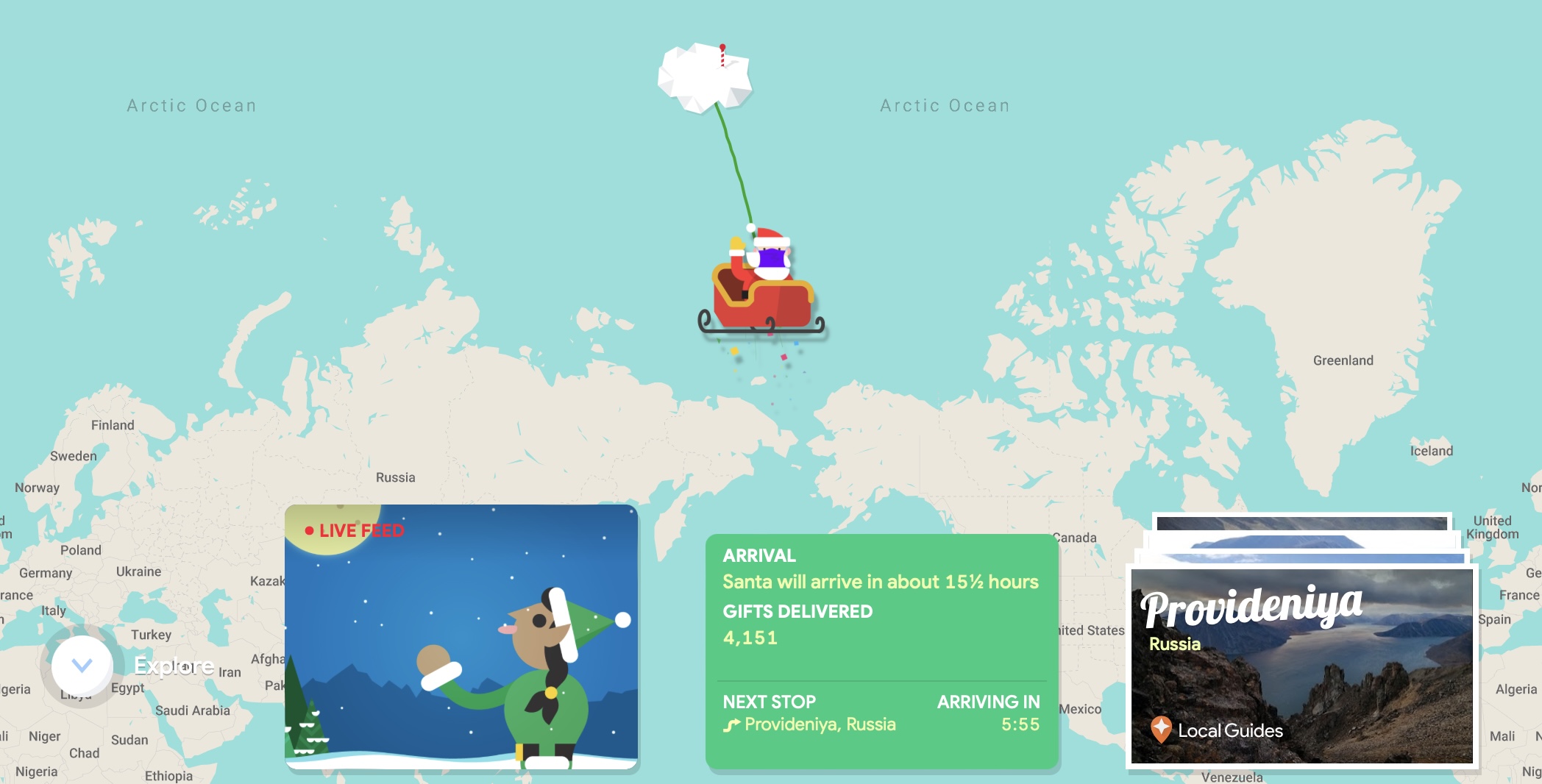Russia VPN demand sees huge rise following Ukraine invasion
The demand for VPN services in Russia has boomed following the country’s decision to invade Ukraine, new figures have shown.
Data from Atlas VPN has claimed that installs have risen by 1,906% over the last few days as users look to ensure they maintain unrestricted internet access.
Although Russia does not impose the same level of internet restrictions as the likes of China, the country has been accused of stopping access to certain services and throttling internet access in the past.
We’re looking at how our readers use VPNs with different devices so we can improve our content and offer better advice. This survey shouldn’t take more than 60 seconds of your time, and entrants from the UK and US will have the chance to enter a draw for a £100 Amazon gift card (or equivalent in USD). Thank you for taking part.
Russia VPN
Atlas VPN says that the surge in VPN installs began on February 16, the day of the first alleged cyberattacks against Ukraine by Russian hackers as the threat of war grew.
As Russia launched its invasion on February 25, installs rose 241% higher than average, and then hit 1,076% higher than usual on February 26, before jumping 1,906% on February 27.
“We predict that the interest in VPNs will remain at these heights for the upcoming weeks, the company said in a blog post. “However, if major events continue, we could see numbers ascending even higher.”
It added that internet restrictions in Russia mainly aim to restrict harmful content, mostly related to drug use and suicide – although these regulations have been routinely abused to censor criticism of the government or local administrations.
It notes that Roskomnadzor, the federal agency responsible for mass media regulations, sent a notice to some of the largest VPN providers requiring them to connect to the Federal State Information System (FSIS) in March 2019 – although only Russian firm Kaspersky did so.
The Roskomnadzor has since repeatedly banned VPN providers that do not comply with this demand from the country – although the use of such services does remain legal for now.
AtlasVPN says it published its data to “shed more light on the current situation”, adding that the findings would not affect the privacy of its users in Russia since the information is completely anonymized. The company has also handed out free subscriptions to journalists in Ukraine as it looks to ensure they stay safe.
This is how VPN services are supporting journalists in Ukraine




